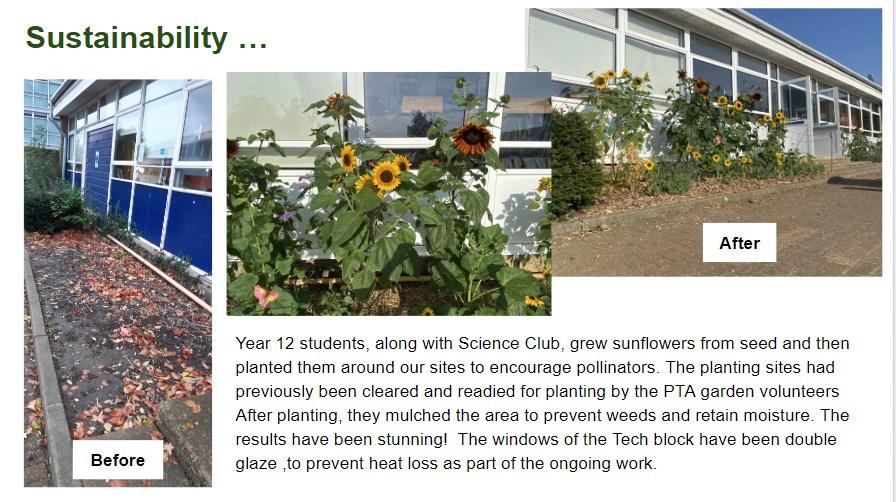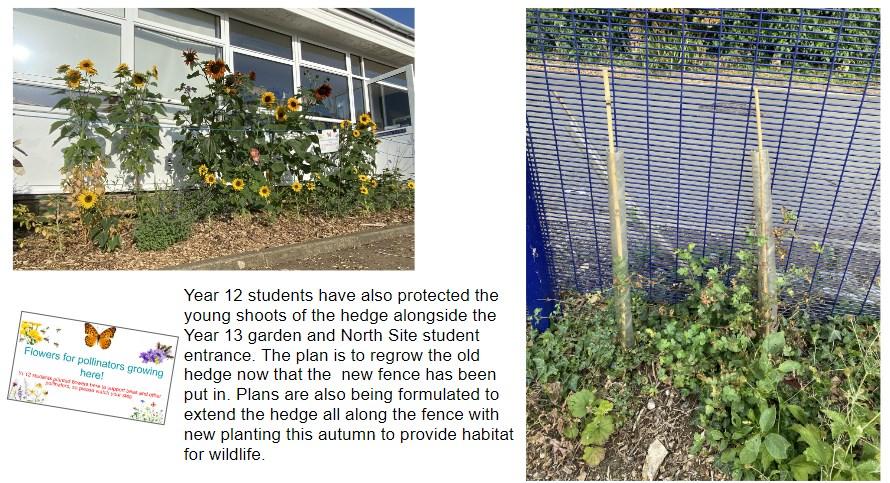
3 minute read
Friends Don’t Lie By Matt Barnard School Counsellor: Page 4
I mentioned earlier that we are hearing of more young people experiencing periods of ‘over thinking’, where they are left mulling over social interactions, our place in the pecking order or giving ourselves a hard time about what we said. In 1997, Schulman and his colleagues wanted to know what the brain does when we are not engaged in a specific task. What do you think they discovered? Yep you guessed it, our brains engage in what they call ‘social thinking’ or as I am calling it, ‘over thinking’. So, our brains naturally gravitate towards over-thinking! Why am I focusing on this so much? Well it’s not just social anxiety and social thinking that can be distressing. According to Johann Hari in his book ‘Lost Connections’, one of the seven causes of depression is a disconnection from others. This can lead us to experience loneliness, sadness and anxiety, resulting in the body releasing more of the stress hormone cortisol. Cortisol impacts negatively on our immune and digestive systems, leaving us more susceptible to becoming ill and craving sweet, fatty and salty foods. In fact, it is through social interaction with others that our brains develop and heal. Increasingly, Health professionals are Social Prescribing. Connecting with others in groups might reduce social anxiety, depression and stress. It’s great to see so many Cherwell students engaging in extracurricular activities, such as team sports, drama classes, book club, cookery classes and activities outside of school too. One of the worst forms of punishment for any adolescent is the removal of their mobile phone or not being allowed on their gaming consoles. Despite this being a modern problem, and I appreciate that this comparison is extreme but it follows the same premise of punishment through isolation, the environment created can be likened to prison. So, parents, I am sure it’s an effective parenting strategy, but as it stands, the mobile is the predominant means of avoiding social isolation, for now at least. Research shows that gaming improved wellbeing during the lockdowns because of the cognitive stimulation and opportunities to socialise. Hopefully this article will encourage a bit more face to face interaction. So how do you learn to be with people, socialise and communicate? Feelings of shame are particularly painful for all of us, but none more so when you are an adolescent. John Keats (I am sure he was talking about something entirely different when he said this, but I am using it to make my point here) famously said, “Nothing ever becomes real ‘till it is experienced.” I do think you have to go through the trial and error of socialising to learn how to socialise, there’s no shortcut. Avoiding it by not interacting with others will not reduce feelings of social awkwardness or social thinking. To avoid socialising makes future socialising harder, and as I referenced earlier, it can lead to experiencing depression. I appreciate that this comes at a great risk of feeling embarrassment and shame with a badly timed joke or a misunderstanding. I’ve probably done that throughout this article myself; well never mind. That’s another point I want to make: you can’t always avoid making a social faux pas, but you can control how you treat yourself when you do. Remember to be kind to yourself. We’ve all been there and will continue to not get it right. Conversely, if your friend says something slightly off or strange, be kind about it and don’t ridicule them to make yourself feel better because you are glad it wasn’t you this time around!
References:
Advertisement
1) Mental Health Foundation. Loneliness during Corona-virus. https://www.mentalhealth.org.uk/ coronavirus/loneliness-during-coronavirus (2020). 2) BBC. 16-24 year olds are the loneliest age group according to new BBC Radio 4 survey. https:// www.bbc.co.uk/mediacentre/latestnews/2018/loneliest-age-group-ra.... 3) Barr, M. and Copeland-Stewart, A., 2021. Playing Video Games During the COVID-19 Pandemic and Effects on Players’ Well-Being. Games and Culture, 17(1), pp.122-139. 4) Hari, J., 2018. Lost connections.
By Mr Cappleman











